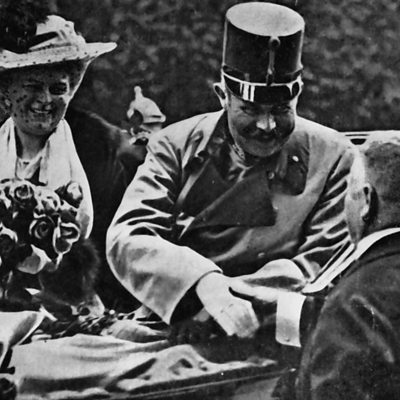Episode details

Available for over a year
Professor Christopher Clark unpicks the complex sequence of events during the July Crisis, leading to outbreak of the First World War, from the perspective of the key centres of decision-making. Many historians have identified Germany as primarily responsible for plunging Europe into war in 1914, with their issuing a blank cheque of unconditional support to Austria-Hungary for war against Serbia. In this programme, Professor Christopher Clark reconsiders why the German administration made this bold offer. He shows how the administration was divided. Kaiser Wilhelm II, the German monarch, urged restraint in the New Palace at Potsdam, but to no avail as his power was limited. His generals pushed for war. Yet, Clark argues, they envisaged a fast and quick local war and did not believe the situation would escalate. Producer: Melissa FitzGerald A Blakeway production for ÃÛÑ¿´«Ã½ Radio 4
Programme Website